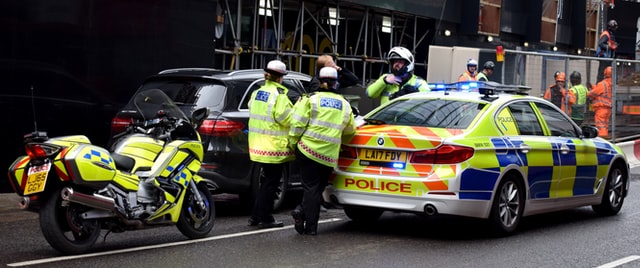Being a policeman is a meaningful and influential way of serving the community. Becoming a policeman doesn’t rely heavily on formal education; in fact, a high school diploma is often the minimum formal education required. An associate, bachelor or master degree is rarely compulsory. Instead, intensive and specialized training is required. This training is often conducted by police academies at local, regional or state level. How to become a police officer?
Successfully check the past
You can expect every law enforcement authority you apply to carry out a number of checks in your environment, including criminal history and even credit history. Although this is not literally the first step to becoming a policeman, it is the first to be considered before you are too invested in the process. If you have concerns about how your background might affect your candidacy, you can consult a Police Academy Admissions Representative about this issue.
Get a degree or academic training
The requirements for this step will vary considerably depending on the state in which you plan to become a policeman. Some states do not require higher education from their officers, even if they prefer. Other states, such as Minnesota, a degree, or equivalent training are one of the requirements to become a police officer.

In general, the training process for novice policemen takes two ways:
Completing training by obtaining a two or four year diploma in criminal justice or a similar field at a college or university certified by Peace Officer Standings and Training (POST), or
Completed training through a government approved police academy or training program.
Pass the license exam
The next step to becoming a police officer is to get a positive result from the state police commission exam. Your education and training will prepare you to take the POST exam.
Undergo psychological assessment
Before becoming a police officer, law enforcement agencies are likely to assess recruits for mental stability and mental performance. These psychic tests are different, but generally include long written exams and perhaps an individual interview with a psychologist. You can also undergo a polygraph test to get references to the responses contained in the application package.
Continuing education and professional promotion
After completing all these steps to become a policeman, you’ll still have a lot to learn. Nothing beats the workplace experience to show you all the specialized areas that policemen may want or need to know more. The best officers never leave school.
Do police make good money?
According to BLS, police and detectives earn an average of $ 31.33 per hour. However, law enforcement officers also receive other compensation and benefits, including an addition to uniforms and additional remuneration for providing protection at special events. Officers with degrees or other languages may also receive additional remuneration. Policemen usually retire younger than other professionals, which gives them early retirement and the opportunity to work in other positions.











